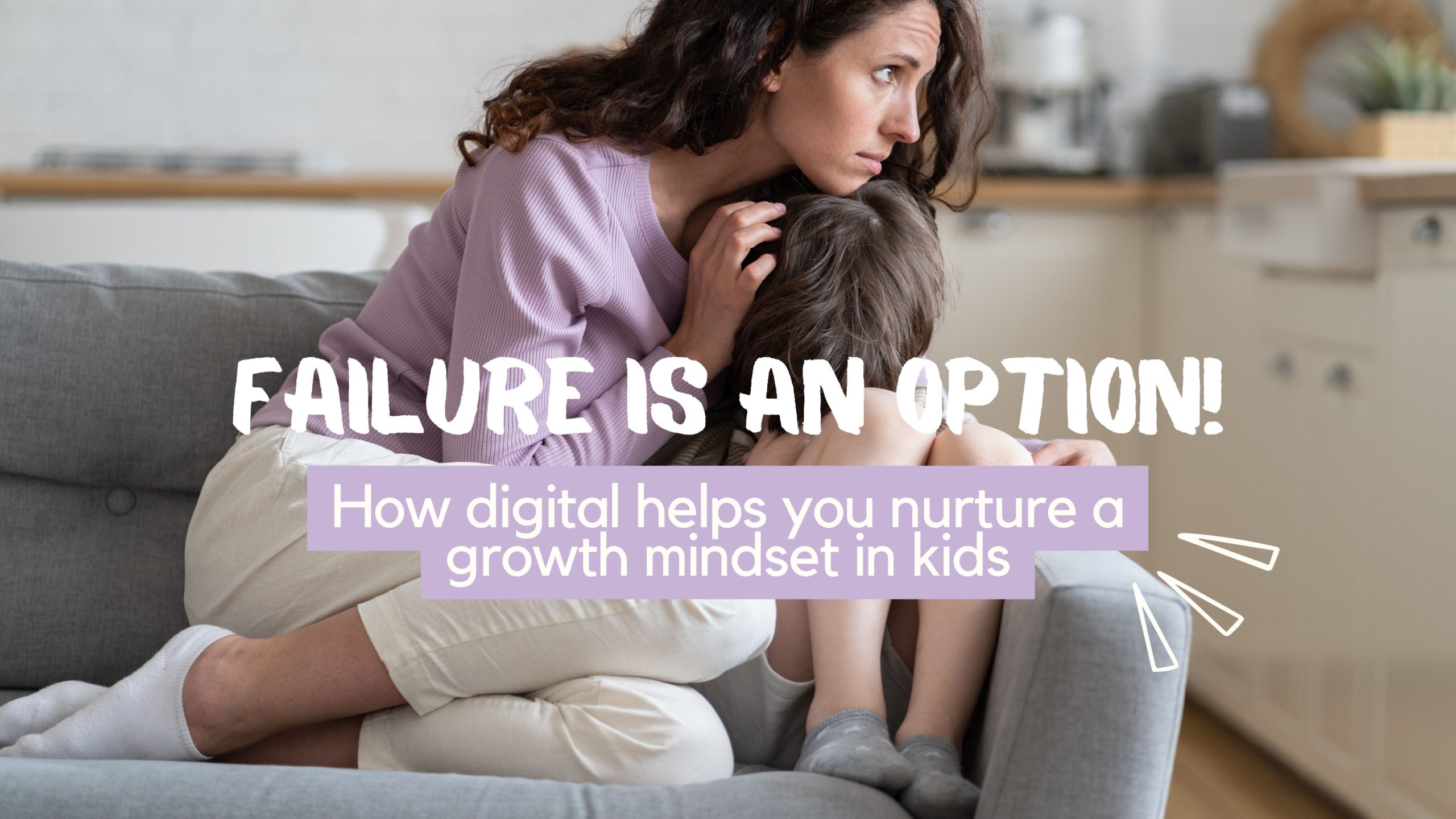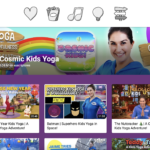Failure is an option
Cooking; driving; home repairs; public speaking – all things you can just wing and get something done. But, it’s hard to disagree that learning from others smoothes the path and improves the results. Here’s a surprise. Despite how personal and chaotic parenting seems, here too, there are learnings available to save you from just winging it.
Nurturing a growth mindset in kids
One of the most impactful influences in my own parenting has been the work of Dr Carol Dweck on mindsets. If you’re not familiar, here is the summary: Growth mindset, good, Fixed mindset, not so good.
A growth mindset believes that competence can grow from whatever starting point you have. You are not born smart or not and that’s it. You can grow. This means challenges, obstacles and failures, though painful, are expected on the path to getting better at whatever. Fixed mindset says intelligence is static and challenges are a sign from the universe you’ve reached your limit: failure is no good, very bad, and horrible. Failure should be avoided.
Growth mindset in kids takes time and effort to grow
Dr. Dweck’s work has many implications for relating with kids around their successes, challenges, and failures. The rub is that nurturing a growth mindset in kids doesn’t come naturally to us as parents. In fact, some of the things we say that seem harmless, like, ‘Oh you’re so smart!’ are apparently not kosher. Fortunately, there are plenty of resources like this one from BigLifeJournal.com to help. But be warned, it is not easy – you need a growth mindset to keep at it!
Kids experiences with digital are perfect for practicing growth mindset skills
This week, we want to highlight a special feather in your cap that you may not even know you have. Kids want to use digital anyways. It turns out that many aspects of using digital is also good practice for kids to develop growth mindset skills. Isn’t it beautiful when things just fit together? Here’s how.
Digital makes it the norm to try, try and try again
Who has ever played a computer game, and expected to reach the highest level in their first go? No one that’s who. Even the crabbiest kid knows to get up and wipe their virtual selves off and start the game again when their player crashes out. Getting back up and getting right at the thing that knocked you down. That is a wonderful thing to practice at.
Digital is encouraging with no judgment – like we should be
No app will ever yell, “How could you make that same mistake again?! Have you not been listening??” Despite our best intentions and efforts, we humans can’t deny our own feelings of frustration or exhaustion. We don’t always have it in us to present encouraging non-judgmental guidance for a kid to push through something they find challenging.
To give kids more confidence to risk failing, a no-judgment app takes the cake over a human any day. An app is always like “Try again!”, “Give it another go!”, “Not there yet!”. The space to fail without a live audience you assume is judging you, can help to train a kid that failure is an option.
Digital experiences are quick to reset and urge another try
It is almost as if digital pushes you to try again before you can even consider backing out. Before you can wallow in disappointment, the next try presents itself. Imagine if it took minutes to reset a course that you had crashed out of. In that time, fears and insecurities can take hold and prevent you from giving it another go. With digital, a fresh new start, where hope can prevail, is right there even before you have time for abysmal past performance to sink in.
Digital lets you go at your own pace
Digital has this great way of reminding us that everyone has a unique path. What you see depends on where you are. Your experience is unique and personalized. Don’t try to be anyone else because as they say, everyone else is taken. We have so much personalization as a result of using digital that the subliminal message that you need to follow your own path is always there. But you can rest knowing that your kid is getting a constant reminder that their journey is their own journey.
So there you have it. Kids on screens is not all bad because they are practicing growth mindset skills. You’ve been winning at parenting and not even knowing it. Add Aneta to make your kids’ screen time something you can feel good about, and you’ll be winning squared!


